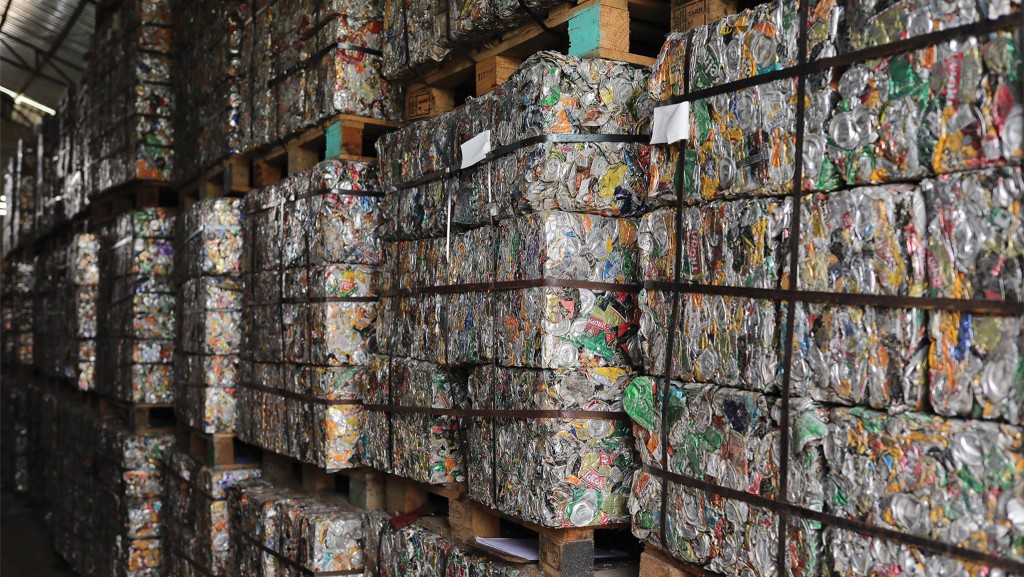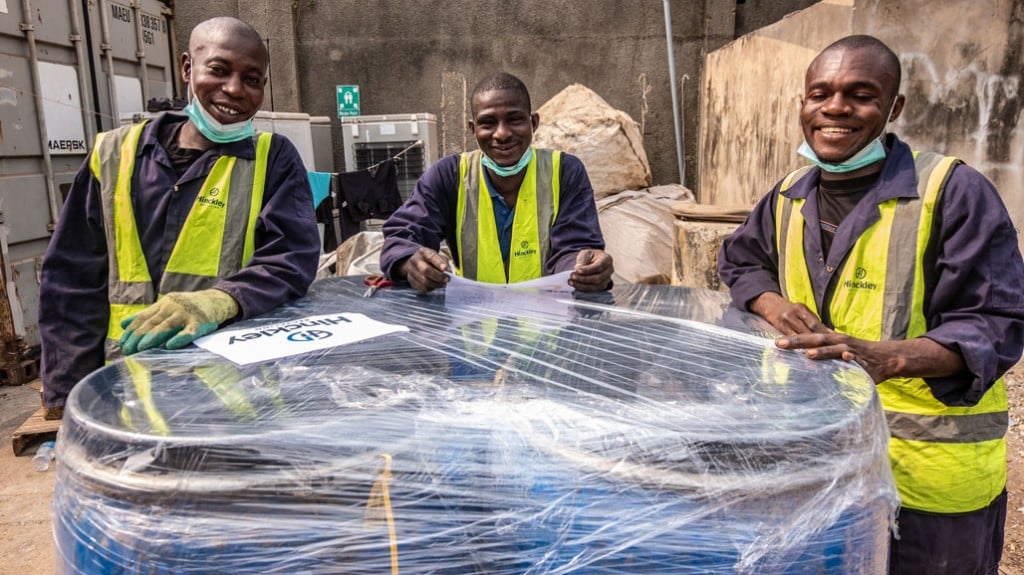
Africa is enormous and growing. With a population of 1.2 billion people, the continent is expected to grow another 800 million to 2 billion by 2040, according to the IEA. This is a rise equivalent to the populations of the U.S. and Europe combined.
Africa represents a fifth of the global population and yet only produces about 1 percent of the world's secondary aluminium, a difficult number to digest when it has been used as a dumping ground by the West for years.
It's even harder to understand when you appreciate Africa's growing strength as a mining force. Right now, there is an international effort to industrialize Africa: a great race to mine Africa into an economic power, seeing more resources than ever churning out from the continent.
Romco Metals started recycling 7 years ago, in Nigeria, and now has the opportunity to meet the needs of growing industrialization by helping to build Africa as a whole into a powerhouse in sustainability.
There are only around 50 metal recycling facilities on the entire continent. To give perspective, there are more than 250 in Europe alone. It's estimated that only 13 percent of recyclable goods are salvaged and recycled in Nigeria, with almost no formal waste diversion process in place.
A cleantech revolution on the continent is already underway with renewable energy, sustainable infrastructure projects, and recycling at its heart. The real opportunity is to embed sustainable infrastructure into the very design of economic expansion across the region. Circular economic principles are fundamental to sustaining the growth of Africa. Recycling capabilities and sustainable systems must be built as commerce expands — not made a tack on after-thought.
Without ambitious investment in sustainable businesses, Africa's economic growth will be marked by all the negative effects of mining without any of the mitigators; loss of biodiversity, soil erosion, fauna displacement, deforestation, carbon emissions, contamination of water, air, and soil, and no plan to get the renewable potential out of the resources that have been mined at such a high environmental and human cost. Without action, the effects will be felt everywhere.
Increasing recycling and building a sustainable economy of jobs, people, and communities is vital, especially in the emerging markets where the need for amelioration is so great.
Local access is critical to success. Knowing the local people, mechanisms, and principles to business is what allows good recyclers in the area to take of advantage of the massive amounts of untapped feedstock.
A board and management with experience in scaling up innovations in emerging markets is also crucial. Business is people, and recycling is no different. The right people who have successfully worked in Africa before can make a huge difference.
Waste is a huge problem in Africa. Solving It requires partnerships, an innovative approach, and a determination to see the benefits. As big businesses around the globe look to be more mindful with their resources, they should look at the companies working on the ground here. A good partnership could be the change that ensures a companies CSR filters right through the supply chain.
Solving such a large problem also yields great financial results whilst making tangible differences to peoples' lives, livelihoods, and the environment.
What greater opportunity could there be?



